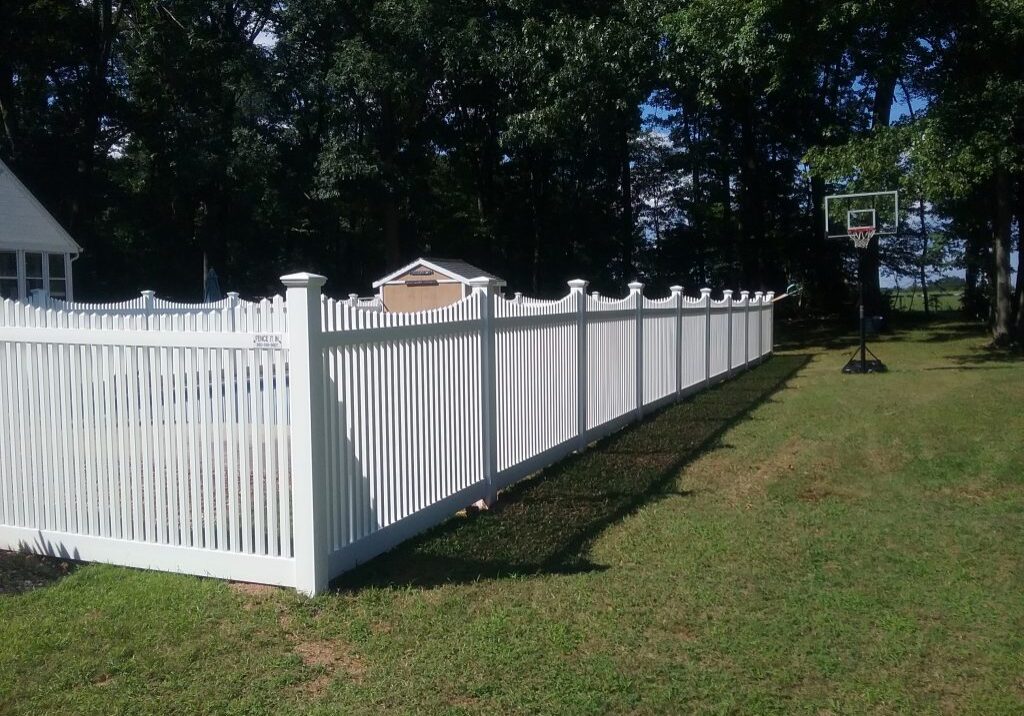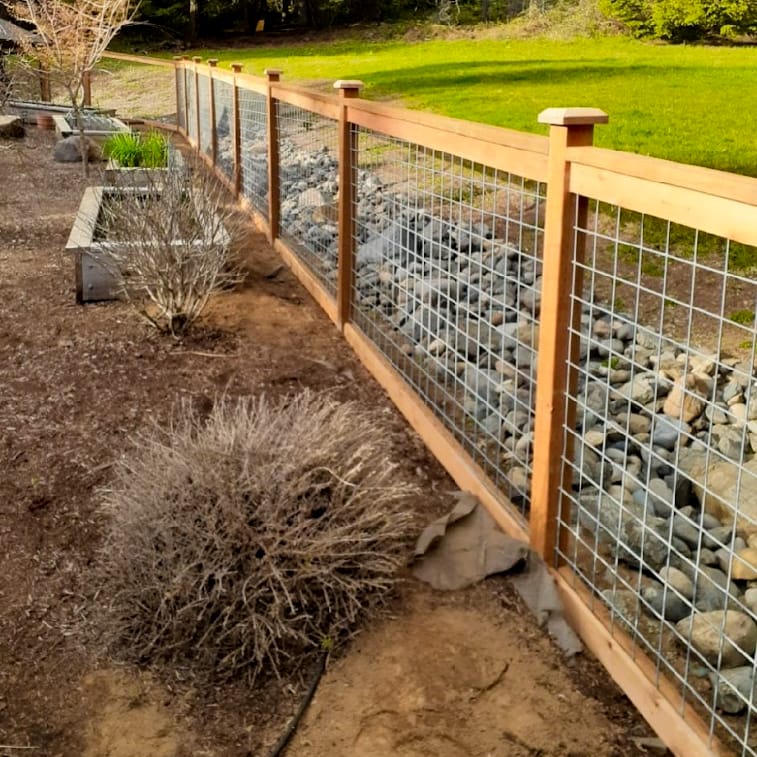All Categories
Featured

When it comes to selecting the finest fence material for sturdiness, functioned iron stands out as one of the most trusted and lasting choices readily available. Allow's take a closer look at functioned iron fencing and exactly how it stacks up against options like wood, plastic, and light weight aluminum.
Stamina and Longevity of Wrought Iron Secure Fencing. Unlike lots of various other fencing options, functioned iron can sustain severe environmental conditions, including severe warmth, heavy rainfall, and even solid winds. Due to the fact that it is a metal, functioned iron is not susceptible to the wear and tear that timber fencings frequently experience, such as decaying, warping, or insect invasions.
Toughness: Wrought iron fences are incredibly challenging and can endure effects and various other kinds of physical stress that might harm other products. When properly maintained, they can last for half a century or even more, making them an investment that will give long-term worth.
Wrought Iron vs. Wood Secure fencing. Wood fencings, while standard and cosmetically pleasing, generally need even more maintenance and have a shorter life expectancy compared to functioned iron. Wood is vulnerable to rot, termites, and weathering with time, all of which can endanger its architectural honesty. Additionally, timber fencings might need to be changed or repaired every 10 to 20 years, depending upon the environment and the type of wood utilized.
Maintenance: While wood fences require to be on a regular basis treated with paints, sealers, or spots to keep their appearance and longevity, functioned iron fences normally call for much less upkeep. They may need occasional cleansing or painting to stop corrosion, particularly in moist or coastal locations, but they won't deal with the very same sorts of deterioration as timber.
Longevity: While a well-kept wooden fence might last 20 to thirty years, functioned iron can surpass that lifespan by a number of decades, making it a more resilient choice in the future.
Wrought Iron vs. Plastic Secure fencing. Vinyl secure fencing has become a popular option to wood due to its low maintenance and resistance to the elements. Unlike timber, vinyl does not rot or warp, and it does not require to be painted or dealt with.
Sturdiness: While plastic is immune and rather resilient to rot and fading, it still can't match the lasting toughness and durability of functioned iron. A vinyl fencing may last around 20 to 30 years, relying on ecological variables, but it does not have the structural stability that wrought iron provides.
Upkeep: Vinyl needs very little upkeep compared to timber, yet it can still fade in time, especially in locations with intense sun direct exposure. Wrought iron might require periodic corrosion avoidance treatments but normally calls for less interventions than plastic.
Wrought Iron vs. Aluminum Secure Fencing. Aluminum is an additional steel alternative to functioned iron, and while it shares a few of the resilience qualities of functioned iron, it is typically much less sturdy and solid. Light weight aluminum is a lot more lightweight and immune to corrosion and corrosion, making it a preferred selection for low-maintenance fence. It's not as strong as functioned iron and might be much more susceptible to flexing or nicking under pressure.

Durability: Wrought iron is substantially stronger and more long lasting than light weight aluminum. While light weight aluminum fences can last for a number of years, they may not hold up too in high-impact or high-traffic areas. In comparison, functioned iron is far more resistant to physical damages and can much better hold up against pressure and pressure.
Maintenance: Both functioned iron and aluminum fencings call for some upkeep, largely to avoid rust. Light weight aluminum is less likely to corrosion than wrought iron, making it a much more low-maintenance alternative in locations with high humidity or coastal salt exposure.
Last Ideas: Wrought Iron's Resilience Benefit. Wrought iron sticks out as one of the most durable fencing products readily available, outperforming timber, vinyl, and light weight aluminum in terms of toughness, long life, and general efficiency. While it does require occasional upkeep, especially to stop rust, its capacity to endure extreme weather problems, physical anxiety, and the examination of time makes it an excellent financial investment for house owners and companies looking for a resilient, safe fencing remedy.
For those that prioritize toughness and durability most importantly else, wrought iron is an irresistible option. Whether you're securing a home, boosting the look of your lawn, or providing protection for an industrial website, wrought iron secure fencing will provide years of sturdiness and visual charm that few other materials can match.
Latest Posts
Why Consistent Vehicle Maintenance at Montclare Auto Repair Keeps Your Wallet Happy
Published May 20, 25
1 min read
Improve Your Home's Exterior with Weathercraft's Home siding Solutions
Published May 19, 25
1 min read
Trustworthy Overhead Door Solutions for Homes and Services
Published May 19, 25
1 min read
More
Latest Posts
Why Consistent Vehicle Maintenance at Montclare Auto Repair Keeps Your Wallet Happy
Published May 20, 25
1 min read
Improve Your Home's Exterior with Weathercraft's Home siding Solutions
Published May 19, 25
1 min read
Trustworthy Overhead Door Solutions for Homes and Services
Published May 19, 25
1 min read